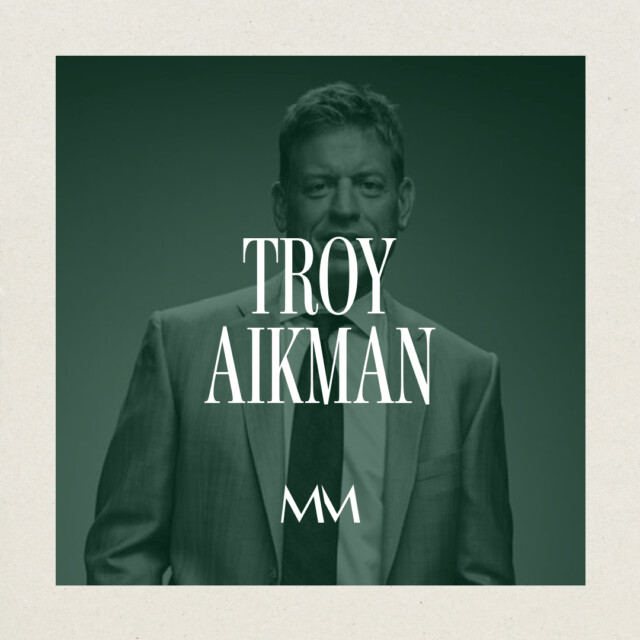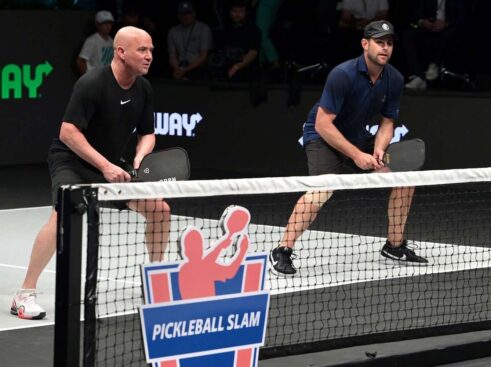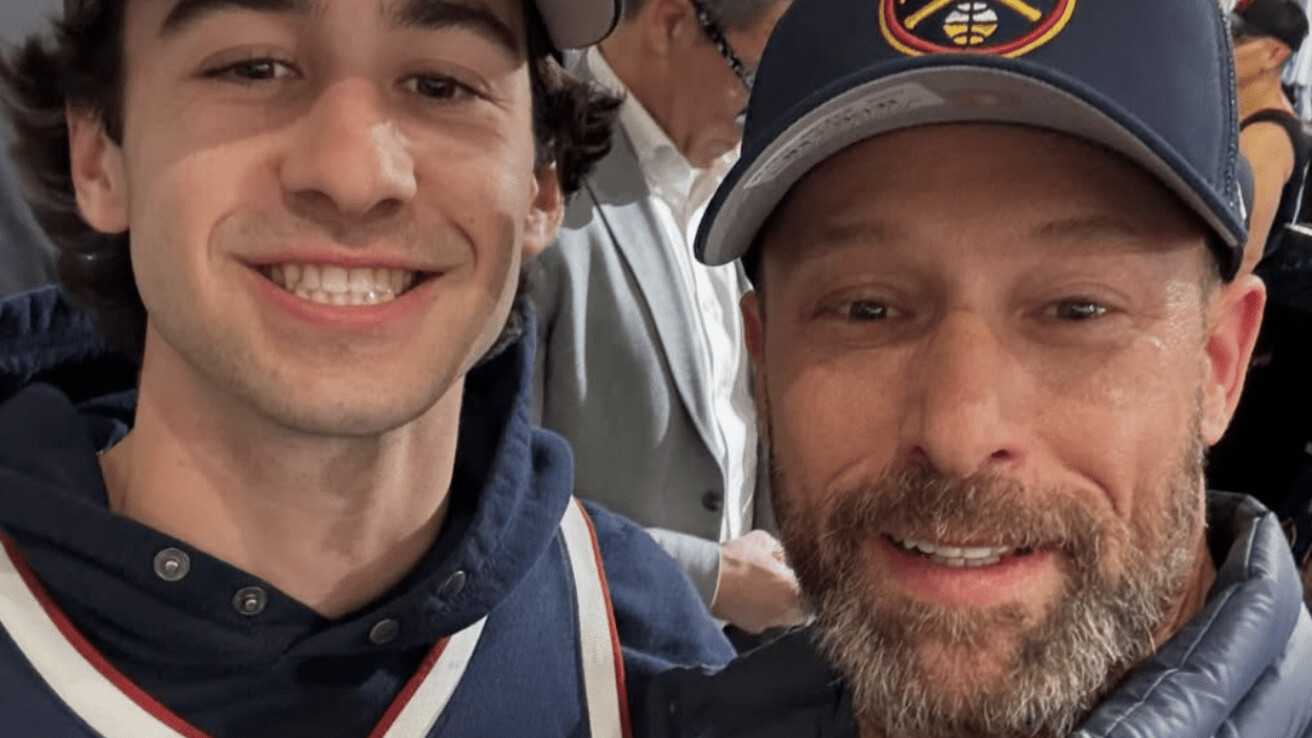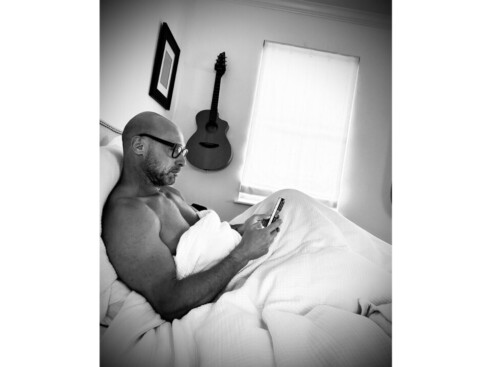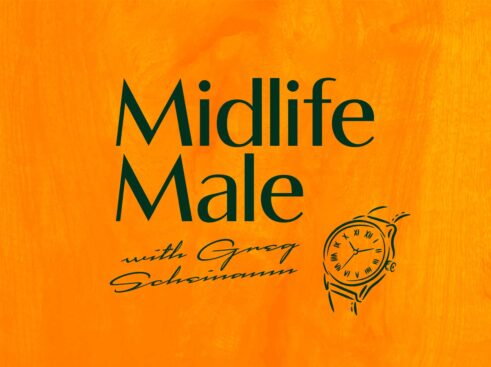Last Thursday night, I got a call from our son who is a junior at the University of Colorado, in Boulder. He’s a member of a fraternity, and he’s seemingly thriving. His grades are solid. He has a wonderful girlfriend, roommates, and brothers. He’s also 21 years old, having fun making mistakes, living and learning, and from all I can seemingly tell, doing far better at his age and stage than I was.
This is not a positive story though. Far from it.
When my son called last week he told us that one of his fraternity brothers had died. We didn’t know at the time how, but it has since been determined to be a suicide. Suicide. Let that sink in. A 19-year-old freshman who was recently initiated into the fraternity, who had his entire life ahead of him, went out to a local park in the dark, never came out and they found his body the next day.
My heart instantly sank. I can’t even imagine losing a child. I can’t fathom how, and with no warning and hearing so much about this promising young man, this could happen.
While at the same time, I feel so awful, hollow and sick because this gave me flashbacks to when I was 19, and I’ve never admitted this before, but I get it. I understand. And that doesn’t mean I accept it. And it’s not to put myself in anyone else’s shoes, or that I’m trying to associate myself with anyone else’s particular situation or circumstance. But rather, it very much made me think about myself, and where I was at that age and stage of life and how lucky I am to be here today.
You can’t maximize middle age, without making it to middle age.
While my son didn’t know this boy all that well, he described to me what the fraternity chapter was doing, what the Chabad was doing, what a local rabbi was doing, what his friends and families were all doing – coming together and being together in this time of tragedy. This is not the experience that college prepares you for. It’s not an experience life prepares you for.
Over the past few days we’ve been on various group texts and emails and correspondence from the chapter. I watched the funeral on zoom and watched this young man’s father speak with poise, composure, passion, empathy, grief and questions. It’s one of the most powerful things I have ever watched.
I want you to watch it. I want every husband, father and man to watch it. It’s THAT important.
It struck a chord with me because this is also a young man who lost his mother at a very young age, similar to how I lost my father just as I too was starting college – another unfortunate thing we have in common. His father went on to describe a situation that was eerily similar to my own.
It compelled me to come clean, if you will. To capture how I’ve been living. How important it is to not let this young man die in vain, and how we should live and learn through this experience. And how I’ve been remiss to share my experiences and feelings with my own two sons, perhaps out of fear, embarrassment, shame, weakness, grief, depression, mental health issues – all of the things that you don’t want associated with you.
It’s why we try so hard to hide it. That’s why so many of us get so good at hiding it. I got really good at it.
We can’t keep doing that because that’s how we miss it. That’s how the brother alongside of us commits suicide and we’re all shocked and surprised.
Because we’re not really looking and nobody’s really talking.
This boy’s dad made me realize that.
When I think back on my life at that time, I did just about everything I could to kill myself for years, except actually and intentionally trying to take my own life. And I came damn close too.
I drove drunk more times than you can count; wrapping cars around trees and into ditches – but all I ended up with was a broken arm and broken ribs and the physical pain that masked my emotional turmoil.
One time I drove into a gas station in Michigan in the snow, hitting the brakes knowing I’d skid into the tank and time seemed to slow down and I could see it all happening in front of me, out of my control and thinking it would blow up and I’d be out of my misery.
It’s strange what I remember about those times, when there’s so much I don’t.
The root of it all was unprocessed grief. I never dealt with the trauma of losing my dad. Anger, resentment, bitterness towards family members, jealousy towards friends and anyone who hadn’t experienced the same hardship and loss that I had.
Instead, I became an expert at disguise. I was the life of the party. The master of the superficial. I threw myself into pumping iron, punching every bully in the mouth that I could, sleeping with every girl I could, drowning in Jack Daniels and doing whatever I could to “live fast, die young and leave a good looking corpse”… I don’t recall where I first heard that quote, but it sounded appealing at the time. The nickname my fraternity brothers gave me was literally “Reckless Youth”… And nobody ever said a word.
The aftermath of those years still echoes. It’s why I haven’t been to any of my High School reunions. I’ve shied away from most bar/bat mitzvahs over the years, weddings and certainly funerals; although somehow those are strangely easier, as if I have a greater understanding of loss. I’ve gone back to visit college just 3x in 30 years and moved 1200 miles away from where I grew up. I don’t have the best of memories from those years of my life. From 18 to around 30 I was a total shit show.
So you’d think I’d talk to my sons about this. Not just about mental health, but suicide. The word that nobody wants to mention. The truth is, mental health has become a buzzword. It’s become the thing that if you’re not talking about mental health then, you’re not cool, masculine, in touch with your emotions and vulnerabilities and so like most things, once everyone starts doing it, it loses its impact, its authenticity, its truth. And we’re left with too many meaningless mental health sessions where guys are crying over video games, and which bathroom they’re not allowed to use anymore.
But suicide – that’s real. You can’t sidestep this one. It’s final. You’re either dead or alive.
Suicide is the 2nd leading cause of death for males aged 15-24 in the United States. Males in this age group die by suicide at 4 times the rate of females.
College students are particularly vulnerable, with suicide being the second leading cause of death among college students. Nearly 8% of high school and college-aged males attempt suicide each year
And it is a choice. And we must be talking to our kids about making the most important and right choice of their lives, which is to keep on living their lives.
I would never be in the position to maximize middle age, and at 52 living my happiest healthiest, wealthiest, strongest life had my life had ended when I was at my most hopeless point. I didn’t know shit back then… I’m a slow learner and late bloomer, but I’m getting there and I’m grateful for that opportunity.
Grateful doesn’t even begin to describe it. I’m here, squeezing every drop of joy and purpose from these years – something my father never got the chance to do. Cancer stole the second phase of his life from him. My son’s fraternity brother will never get his. And I nearly robbed myself of mine through a different disease, no less serious and just as terminal if left unchecked: the disease of self-destruction, of unprocessed grief, of choosing darkness over light.
The irony isn’t lost on me.
Here I am, cherishing these middle years that my father never reached, years I almost threw away. Every morning I wake up past the age he died is a gift – a gift I nearly refused to accept. How many others like me never made it to discover that life’s second act can be its finest? How many fathers’ children will never know the joy of finding themselves, truly finding themselves, in their fifth decade because they couldn’t see past their second or third?
A father’s greatest fear is outliving his children. I can’t even imagine. I am so scared. And I’m not a fearful person. I’m not anti risk or anti fun. I’m not a helicopter parent, I’m not a super strict or straight-laced guy. And I do believe everything happens for a reason; even when I can’t determine what that reason is…
But here’s what I know now: The most important conversation we need to have with our children isn’t about sex, drugs, or success (although those are important). It’s about choosing life, even when – especially when – life feels impossible. It’s about breaking the silence around suicide and replacing it with truth: that pain is real, that struggle is universal, and that survival is worth it. We need to tell them our stories – not the sanitized versions, but the raw, messy truth of how we made it through our darkest moments.
Because when we share our struggles, we don’t just warn them about the depths – we show them the path forward. We prove that redemption isn’t just possible; it’s waiting for anyone brave enough to keep breathing, keep fighting, keep living one more day.
This is our obligation as fathers to make sure our children know that their lives are worth living, that no temporary pain is worth a permanent end, and that they are infinitely more precious to us than any achievement, any success, or any societal expectation.
The conversation might be difficult. It might be awkward. It might force us to confront our own demons and vulnerabilities. But having it could mean the difference between life and death. And there is nothing – nothing – more important than that.
In Life & Health,
Greg
